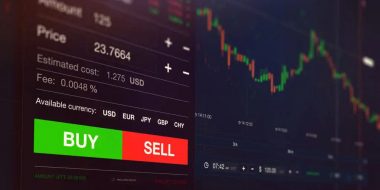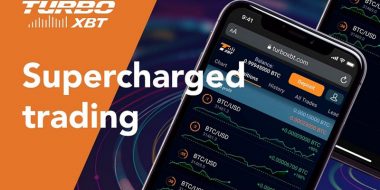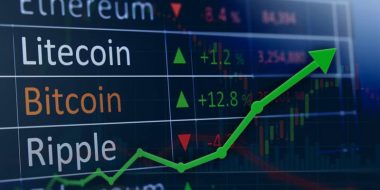ECN brokers work in an electronic communication network. This connects several liquidity providers, usually large banks, large institutional investors, and large brokers. These networks were created when this became technically possible, that is, after the year 2000. The intention was to pass huge forex positions as quickly as possible. All types of assets can now be traded with ECN brokers, but forex trading continues to dominate this transparent market model.
ECN broker: what is it?
An ECN broker (from Electronic Communication Network) is a financial intermediary in the Forex market that connects directly to liquidity suppliers, thus ensuring that customers invest directly in the real market quotations of suppliers, such as large banks or market makers.
ECN brokers usually offer lower spreads between the selling price and the buying price than other Forex brokers.
Since an ECN broker does nothing but brings together the different positions of the participants, on the contrary, there is no conflict of interest, especially given the fact that ECN brokers require the payment of a commission per position – thus already guaranteeing a profit.

Interesting facts about ECN brokers
Traders interested in ECN brokers need to understand the dimensions of the traded liquidity. The basic principle is that forex positions in multiple lot sizes (i.e., multiples of 100,000 units of a currency) can be traded at lightning speed and with the smallest spreads. Nevertheless, smaller positions can sometimes be traded with modern ECN brokers, which is only worthwhile if the minimum capitalization requirements for opening an account are not too high.
You can easily reach a five to six digit order. This is understandable given the aim of ECN trading. Otherwise, there are no conflicts of interest for ECN Brokers. With narrow spreads, you can forward customer orders to your trading network and give each customer an insight into the order book with level 2 market depth. Important to know:
- ECN spreads are formed solely by the market supply and demand; there is no influence.
- Pure ECN trading avoids all conflicts of interest.
- Most ECN brokers take commissions.
- Due to commission trading, trading with 0.0 pips spread is possible in some assets (major pairs of forex) and at some trading hours.
How does the Electronic Communication Network work?
Pools of liquidity providers are linked electronically, with lightning-fast lines and gigantic liquidity. The ECN broker accesses the total amount of liquidity for the execution of a customer order. This makes the ECN an over-the-counter marketplace that can be particularly important for FX trading. It lives from the mass of the participants and their liquid, immediately accessible means. The more of it there is, the more efficiently prices can form on the ECN market. That means tight spreads with an in-depth market.
The ECN broker integrates the trading customer with his account directly into the liquidity network. Its participants enter their orders in the ECN order book, which other market participants can view there. The service of the ECN broker is to provide access to the network and to process orders technically.
The Main Advantages of ECN Trading
The most significant advantages include lightning-fast order execution with little slippage, tight spreads, and transparency through the insight into the order book with level 2 market depth. However, investors with huge positions benefit most from these advantages. The ECN broker is not necessarily recommended for traders with small accounts. If he does not act as a market maker, he has no CFDs in the program, but at best mini and micro Forex lots (10,000 or 1,000 units of a currency).
Its commissions are adapted to the solder trade; however, with very little capital investment, trading no longer pays off for the trader. The following advantages can be identified for highly capitalized investors at a glance:
- Tight spreads
- Insight into the order book at level 2 market depth
- Transparent fee calculation
- Cost savings for very large positions
- Highest liquidity
- Direct access to the pool of the interbank market
Differences to market makers and STP brokers
ECN brokers are really pure brokers; they only receive their remuneration for the forwarding of orders. Market makers sell securities to their customers themselves, and they offset order positions against each other and hedge against customer positions. STP brokers sometimes suspect non-transparency. However, there is no serious difference between STP and ECN brokers, STP was just there first. The principles are very similar.
Conclusion
ECN brokers are indispensable players for trading large market today. As a bank or group, they have to trade foreign exchange in the order of many lots and therefore need the Electronic Communication Network. Private traders can be better off with other brokers.
Sources: inc.com / forbes.com

Related Posts
« FX volatility rising: What does the future hold for US Dollar? Federal Reserve Board sees higher inflation as means to boost employment »









